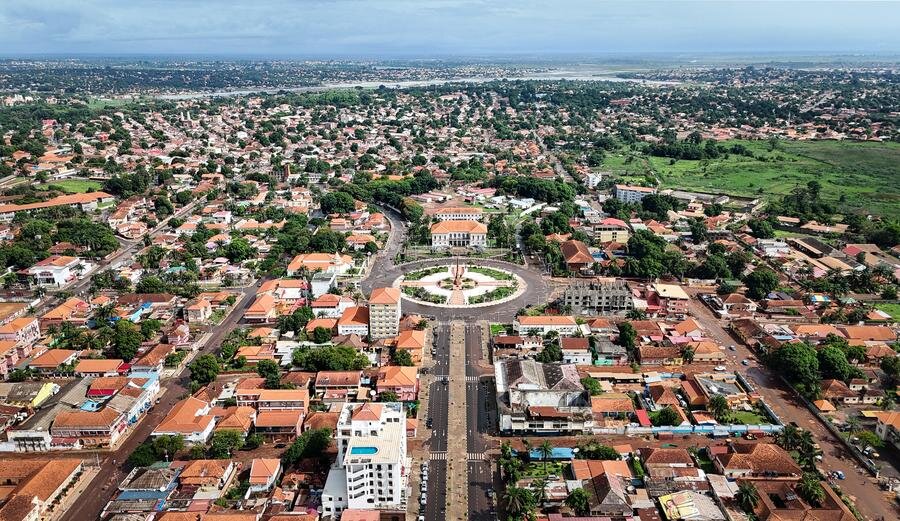- Home
- Switch to electric cars in Guinea-Bissau, how much are you saving?
Switch to electric cars in Guinea-Bissau, how much are you saving?
Electric vehicles (EVs) are growing in Guinea-Bissau, supported by a gradual shift towards sustainable energy and interest in reducing fuel dependency. Lower electricity costs and reduced maintenance make EVs a cost-effective alternative to gasoline cars, with potential savings of up to 75% on energy expenses. The capital, Bissau, is beginning to see improvements in charging infrastructure, but challenges remain, including high purchase prices, limited rural charging stations, and a small selection of EV models. As battery technology improves and infrastructure develops, EV adoption is expected to rise, contributing to Guinea-Bissau’s efforts to enhance energy efficiency and reduce greenhouse gas emissions.

| Aspect | Electric Vehicles (EVs) | Gasoline Vehicles |
|---|---|---|
| Energy Efficiency | Over 85% efficiency, meaning most energy is used for propulsion. | Lower efficiency due to heat loss in combustion. |
| Consumption (100 km) | 15 kWh (electricity) | 6 liters (gasoline) |
| Cost per 100 km | Varies based on Guinea-Bissau’s electricity prices | Varies based on fuel costs in Guinea-Bissau |
| Annual Cost (15,000 km) | Dependent on electricity tariffs | Dependent on fuel prices |
| Annual Cost (25,000 km) | Dependent on electricity tariffs | Dependent on fuel prices |
| Annual Cost (30,000 km) | Dependent on electricity tariffs | Dependent on fuel prices |
| Annual Cost (50,000 km) | Dependent on electricity tariffs | Dependent on fuel prices |
| Annual Cost (70,000 km) | Dependent on electricity tariffs | Dependent on fuel prices |
| Annual Savings (15,000 km) | Potential savings of up to 75% on energy expenses | – |
| Annual Savings (25,000 km) | Significant savings due to lower electricity costs | – |
| Annual Savings (30,000 km) | Higher cost efficiency in the long term | – |
| Annual Savings (50,000 km) | Increased affordability with rising fuel prices | – |
| Annual Savings (70,000 km) | Long-term cost benefits | – |
| Maintenance Costs | Lower: No oil changes, timing belts, or exhaust systems. | Higher: Requires regular oil changes and more mechanical upkeep. |
| CO₂ Emissions | Very low due to potential integration with renewable energy. | High emissions due to combustion of fossil fuels. |
| Government Incentives | Limited but potential future tax reductions or incentives. | No special incentives. |
| Infrastructure Growth | Initial stages of development, with opportunities for expansion in Bissau. | Well-established fuel station network. |
| Energy Security | Reduces dependence on imported fossil fuels. | Dependent on global oil markets and price fluctuations. |
| Technology Evolution | Battery lifespan improving, cost reductions expected. | Limited innovation in efficiency gains. |
| Long-Term Viability | Key to Guinea-Bissau’s sustainable transportation future. | Facing increasing environmental and regulatory constraints. |

